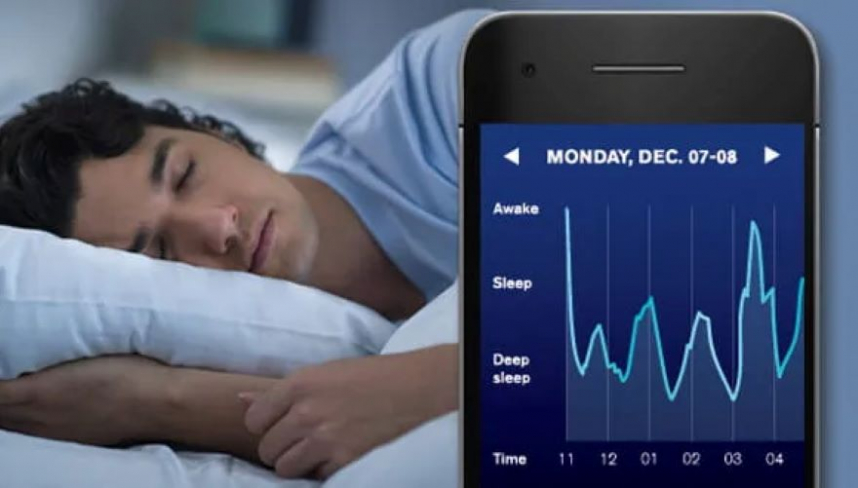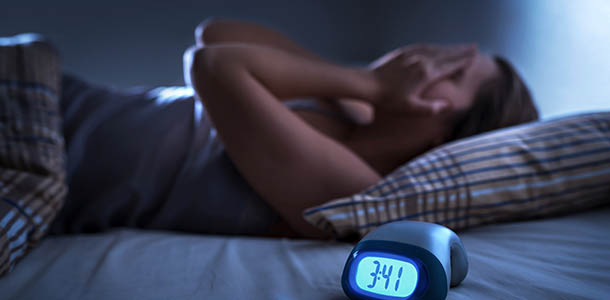
Researchers say that artificial intelligence combined with just a single electrocardiography lead could eventually replace the multiple awkward wires on the head and chest currently used for diagnosing sleep disorders.
“Our method achieves expert-level agreement with the gold-standard polysomnography without the need for expensive and cumbersome equipment and a clinician to score the test,” study leader Bhavin Sheth of the University of Houston said in a statement.

“This advancement... paves the way for more accessible, cost-effective sleep studies,” Sheth said.
According to a report in Computers in Biology and Medicine, the electrocardiography-based AI model was trained on data from 3,000 children and adults and then tested on data from an additional 1,000 participants.
Previously, sleep monitoring methods that did not include brain monitoring with electroencephalography had yielded “suboptimal” results, suggesting that EEG would always be necessary, the researchers said.
The new results challenge that notion, they added.
“Our findings establish that electrocardiography-based automated sleep staging” – or, cardiosomnography – “can achieve comparable performance to polysomnography,” they concluded.